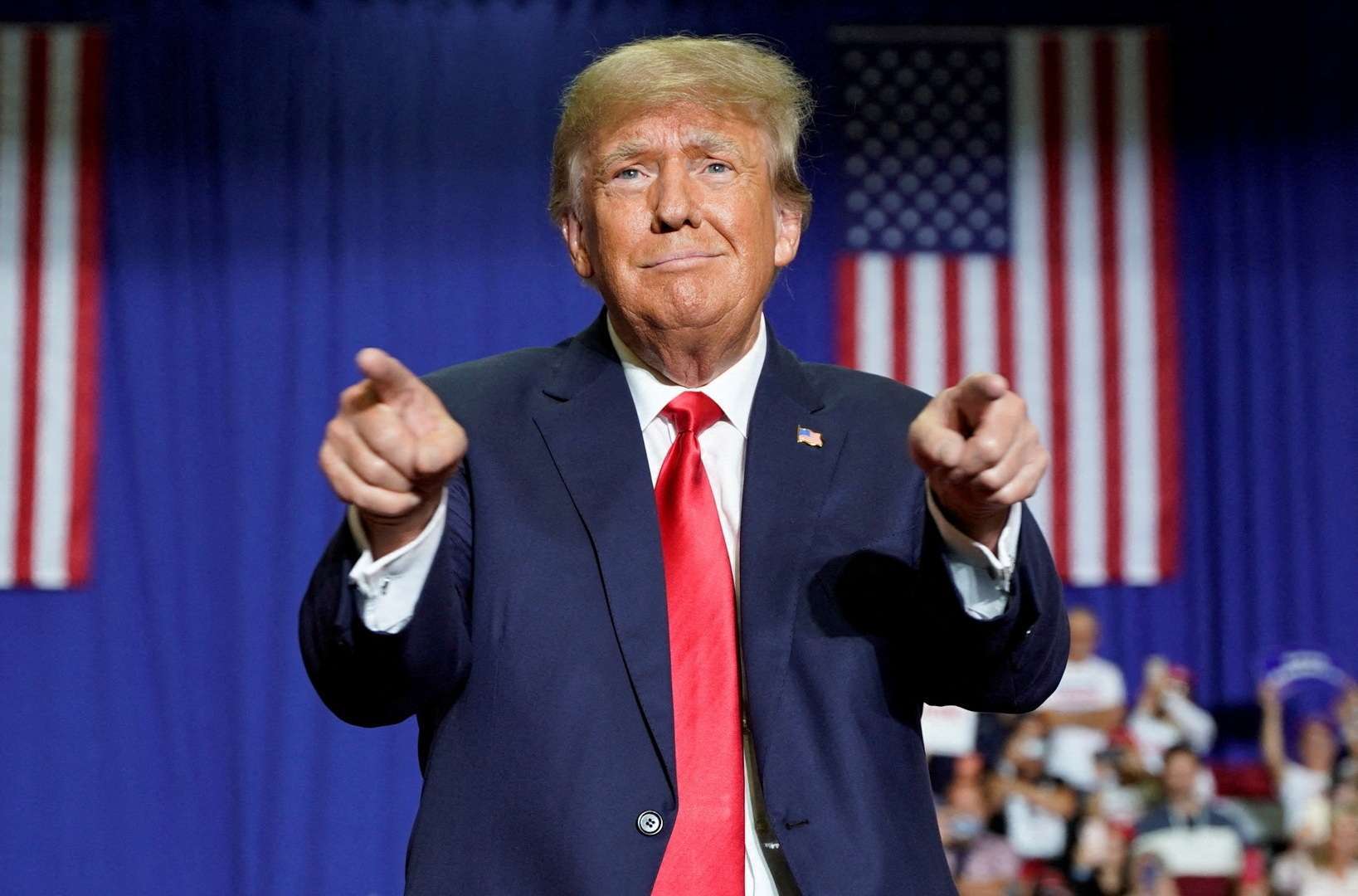Former President Donald Trump just suffered a new defeat on Tuesday when his company was convicted of tax fraud in a New York court, although prosecutors have not involved him as a protagonist.
A jury found two corporate entities of the Trump Organization guilty of 17 counts, including conspiracy and falsifying business records.
The verdict came on the second day of deliberations, following a trial in which the Trump Organization was accused of being complicit in a scheme by top executives to avoid paying personal income taxes on job benefits such as free apartments and luxury cars.
The conviction is a vindication for New York prosecutors, who have spent three years investigating the former president and his businesses, although the sanctions are not expected to be severe enough to jeopardize the future of Trump’s company. But not so his candidacy for the presidency for 2024 if other trials have the same outcome.
As punishment, the Trump Organization could be fined up to $1.6 million, a relatively small amount for a company of its size, although the conviction could complicate some of its future deals. The fallout may be more significant for Trump, who is seeking a second term in the White House. Banks could apply for loans and business partners could cancel contracts because their internal policies prevent them from doing business with criminals.
Trump, who recently announced he would run for president again, said the case against his company was part of a political “witch hunt” waged against him by Democrats.
Former President Trump was not on trial, but prosecutors claimed he “knew exactly what was going on,” though he and company lawyers have denied this.
The case against the company relied heavily on testimony from former Trump Organization finance chief Allen Weisselberg, who previously pleaded guilty to charges of manipulating the company’s books and to his own compensation package to reduce your taxes illegally.
Weisselberg agreed with the prosecution for a five-month prison sentence.
To convict the Trump Organization, prosecutors had to convince jurors that Weisselberg or his subordinate, Vice President Jeffrey McConney, were “senior management” agents acting on behalf of the company, and that the company was also profiting from his scheme. .
The lawyers again insisted that “Weisselberg did it for Weisselberg.” They maintained that he had gone rogue and betrayed the company’s trust. “No one from the Trump family or the company is to blame,” they said.
Although he testified as a prosecution witness, Weisselberg also attempted to take responsibility on the witness stand. He said no one in the Trump family knew what he was doing. “It was my own personal greed that led me to this,” an emotional Weisselberg testified.
The executive pleaded guilty to evading taxes for $1.7 million in fringe benefits. He testified that he and McConney conspired to hide that additional compensation from his income by deducting the cost from his salary before taxes and issuing falsified tax forms.
During his closing argument, prosecutor Joshua Steinglass attempted to refute the claim that Trump knew nothing, showing jurors a lease he signed for Weisselberg’s company-paid apartment and a memo the former president initialed authorizing a pay cut for another executive who took benefits.
“Your Honor, here Trump is explicitly sanctioning tax fraud,” Steinglass argued.
The verdict does not end Trump’s battle with Manhattan District Attorney Alvin Bragg, a Democrat who took office in January.
Bragg has said that a Trump-related investigation that began with his predecessor, District Attorney Cyrus Vance Jr., is “active and ongoing.”
In that wide-ranging probe, investigators have examined whether Trump misled banks and others about the value of their real estate, golf courses and other assets, allegations at the center of the pending lawsuit by the New York attorney general, Letitia James, against the former president and his company.















